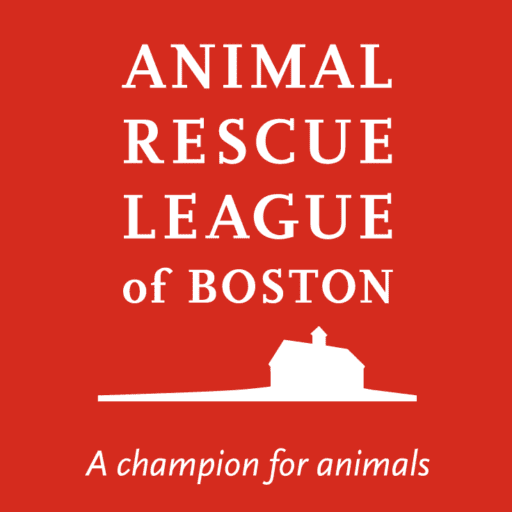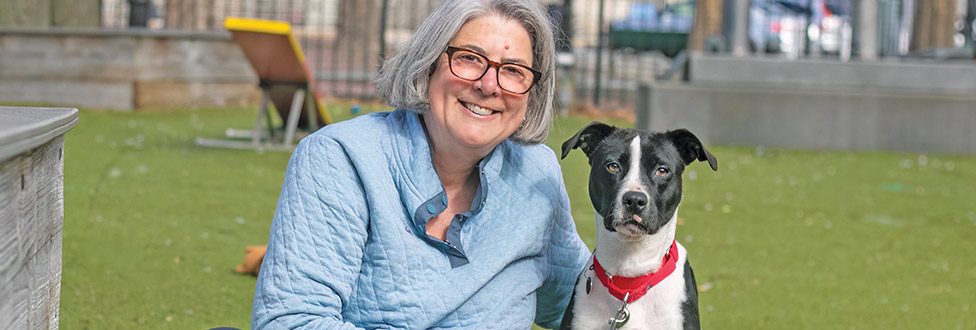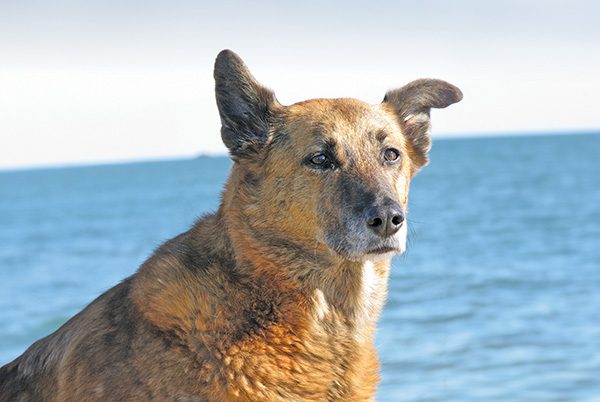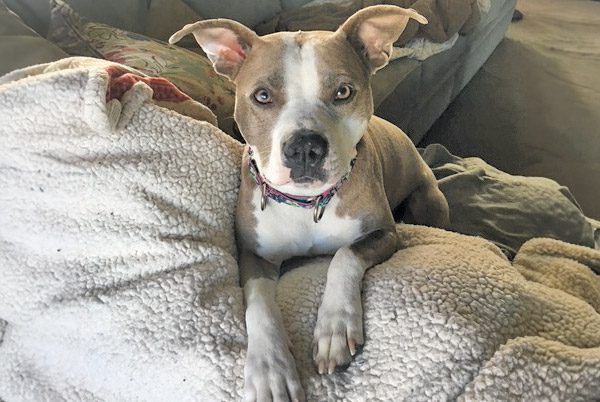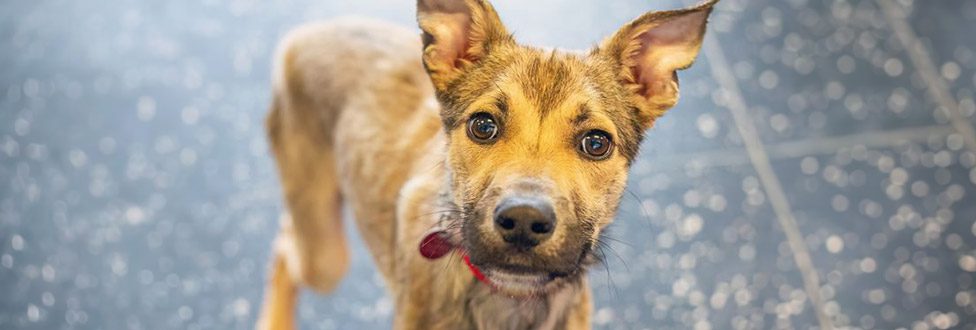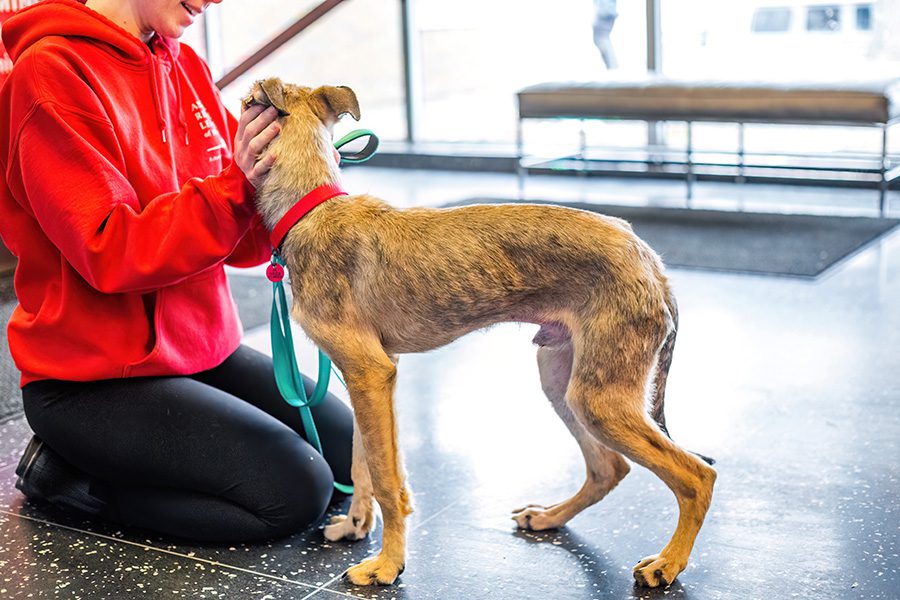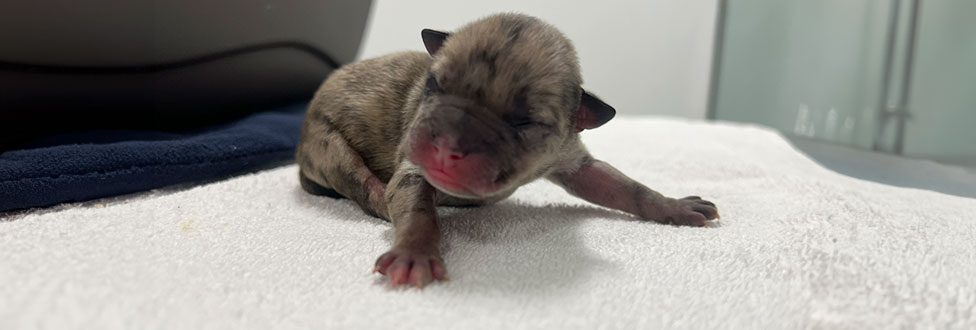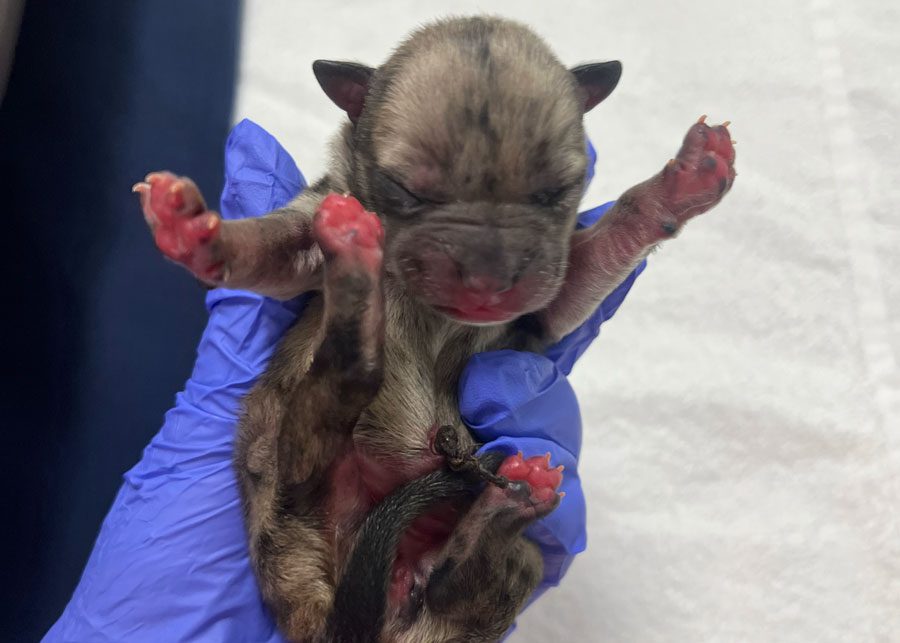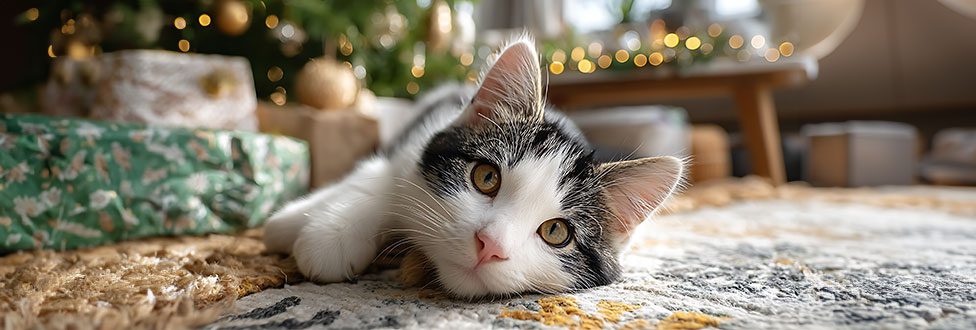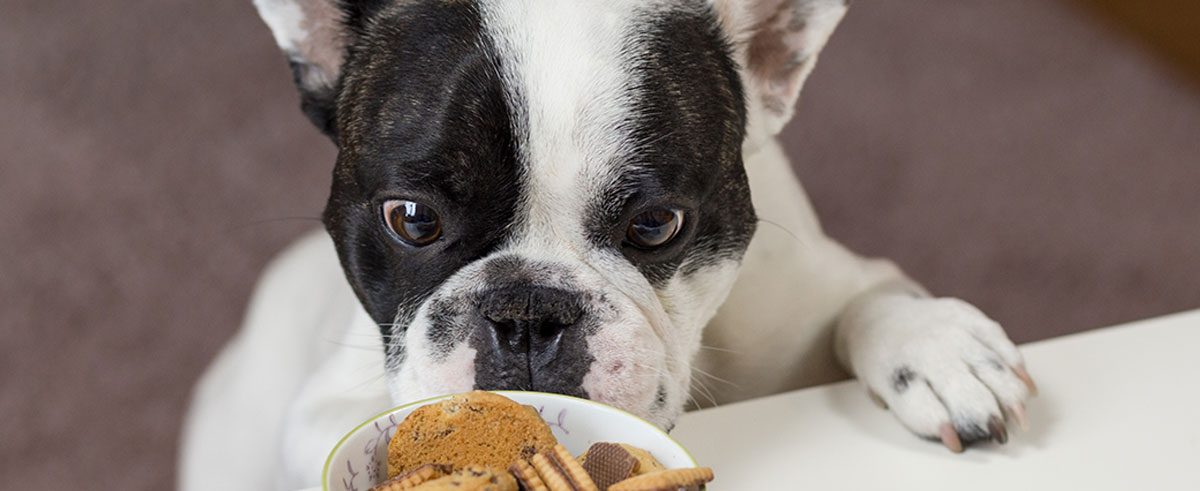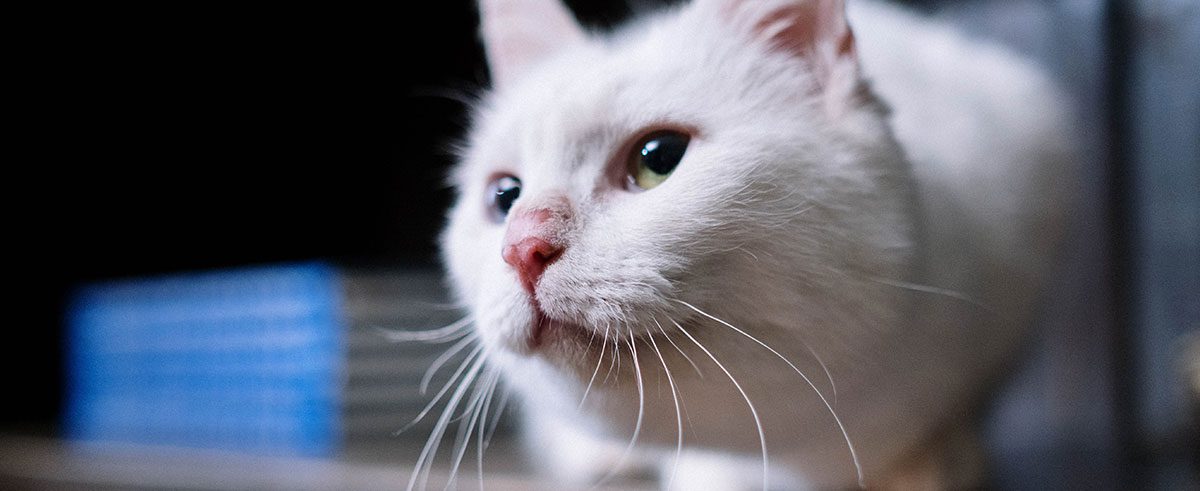How Massachusetts Is Strengthening Protections for Animals
New Laws and Bold Advocacy Keep Massachusetts at the Forefront of Animal Protection
Massachusetts was recently named the #2 state for animal welfare by the Animal Legal Defense Fund. Massachusetts has been in the top tier for animal protection laws for over 10 years. With one of the oldest animal cruelty statutes in the country, Massachusetts has consistently been a leader on animal welfare issues. 2025 was filled with progress for animals in Massachusetts with the implementation of multiple laws passed in the 2023-2024 session and work on the 2025-2026 agenda. In January the ban on exotic animals in traveling acts went into effect, while in April the ban on cat declawing and bans on the sale of puppies and kittens under 8 weeks and roadside sales went into effect. ARL has continued working to protect dogs in boarding and daycare kennels, being involved in the Ollie’s Law Advisory Committee meetings to discuss upcoming regulations.
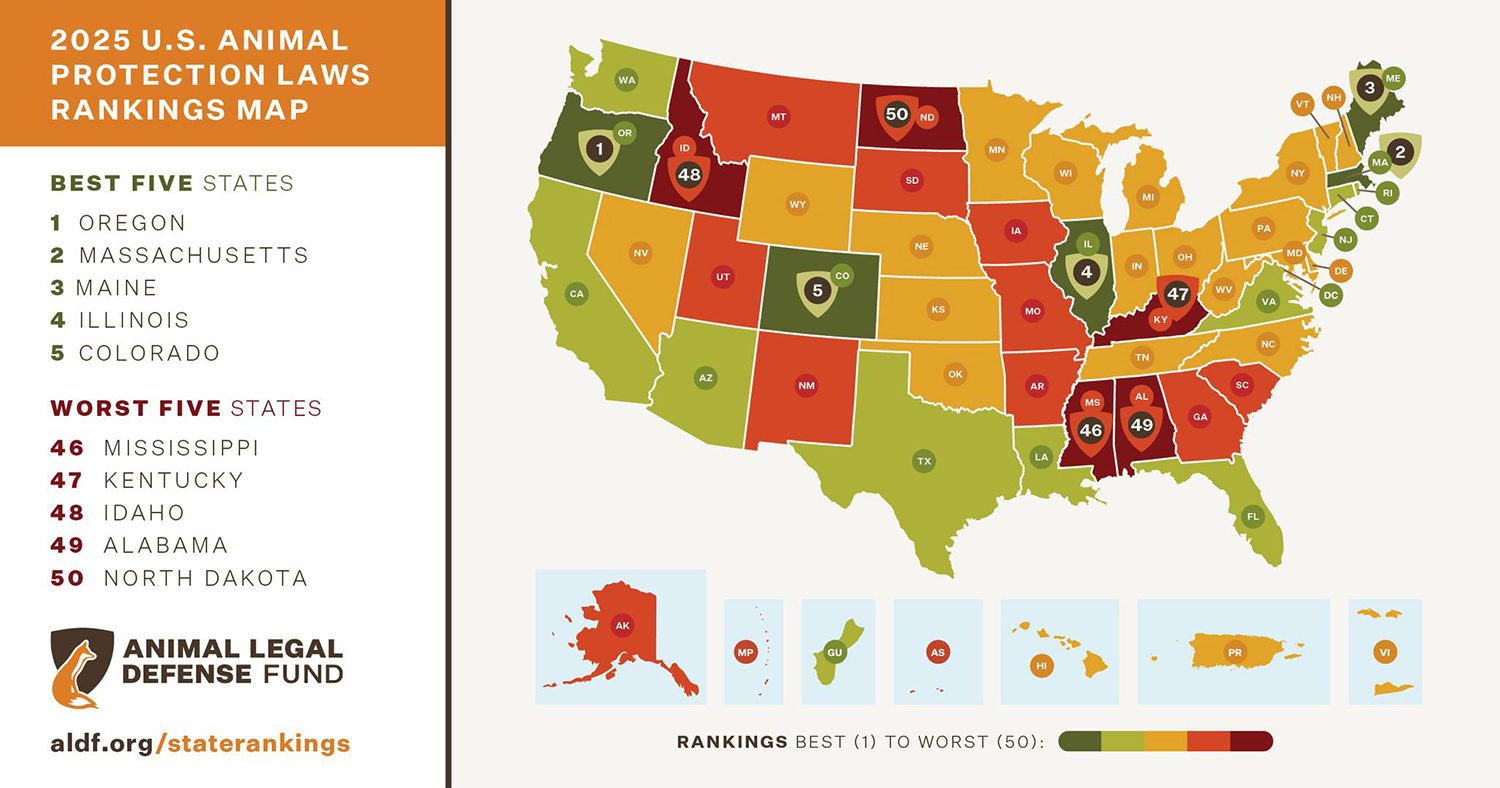
Map of the U.S. showing 2025 animal protection law rankings by state. Oregon ranks best with Massachusetts in second. Credit: Animal Legal Defense Fund
The 2025-2026 session started in January and ARL has been advocating for our most ambitious legislative agenda ever by providing information to advocates, testifying at hearings, and meeting with stakeholders. Due to this work of our coalition partners and advocates, a large portion of ARL’s legislative priorities have seen progress in the legislature. In 2026, the legislature will continue to consider these bills.
Housing
Housing has been a challenge for people and pets for years, particularly for dogs of certain breeds and appearance. This session, ARL priorities regarding pets in housing were able to advance from committee. S.1022/H.1559, An Act to maintain stable housing for families with pets, filed by Senator Payano and Representatives Montaño and Rogers would increase pet friendly housing options by preventing insurance companies and certain landlords from being able to discriminate on the basis of dog breed, size, weight, or appearance. Despite assumptions by some, dog breed has no connection with propensity to bite, and identification of dog breed is difficult for even trained animal welfare professionals. These bills also provide protections from eviction during states of emergency as well as put a cap on pet rent.
Animal Protection
Massachusetts is the only state that does not have a misdemeanor animal cruelty law. One of the strongest in the country, it reflects an understanding of the link between cruelty against animals and cruelty against people. However, it isn’t appropriate in all circumstances. This session a number of bills to provide additional, non-criminal, options were filed, including S.1190, An Act enhancing the issuance of citations for cruel conditions for animals, filed by Senator Mark Montigny and H.4675, An Act preventing animal cruelty, filed by Representative Ted Philips. S. 1190 would add domestic animals to protections from cruel conditions currently afforded to dogs only. H.4675 would establish a civil process to ensure neglected animals are cared for and provide a mechanism to order care of or take possession of an animal in danger, without involving criminal charges. ARL strives to provide services to people in need, and creating non-criminal options can help intervene to protect animals without the threat of a felony conviction.
Pet Shops
For the first time in Massachusetts, a bill to full ban the retail sale of dogs, cats, and rabbits was advanced from committee favorably. S.2720, An Act banning the sale of dogs, cats, and rabbits in pet shops, filed by Senator O’Connor has been filed a number of sessions. While Massachusetts has limited pet stores compared to other states, the risk to animals and consumers is still prevalent. Another concern is the migration of pet stores from other states, like New York, where the retail sale of such animals was banned in December 2024. This legislation would still allow pet stores to partner with shelters and rescues to provide animals to the public, but would stop the puppy mill pipeline that helps fund continue poor animal welfare conditions by out-of-state commercial breeders at the expense of animal and human health.
In addition to these priorities, ARL has also seen progress on bills relating to animal testing, pets in custody and separation proceedings, regulation of dog breeders, improving the dangerous dog law, and providing additional funding for spay and neuter for at-need dogs and cats.
These are only some of the priorities that are being considered this session. Learn more about ARL’s Legislative Agenda.
Advancing animal welfare priorities is no guarantee, but is the product of years of constant work on these issues. Massachusetts remains a leader in animal welfare due to the outreach of advocates to their legislators. Through phone calls, emails, and meetings, even 5 minutes can make a difference.
Advocating for animals can take many forms. To learn about ways you can get involved in advancing ARL’s Legislative Agenda, email advocacy@arlboston.org
